
Nick Abbot 10pm - 1am
17 March 2024, 00:01 | Updated: 17 March 2024, 00:09
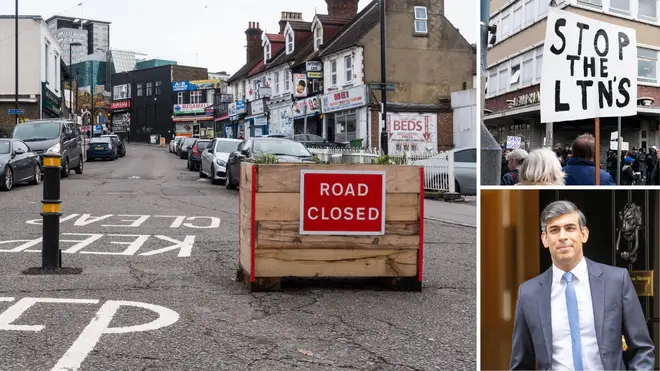
Councils will be banned from bringing in hated low-traffic neighbourhoods (LTNs) without public buy-in under new Government plans.
New guidance for councils from the Department for Transport (DfT) says that the public must be supportive of the controversial road schemes before they can sign off on plans.
LTNs are an area where vehicle numbers are reduced, and work by preventing vehicles from using certain streets as through roads into other destinations, quite often through using temporary or permanent barriers which stop traffic from being able to drive along a certain route.
DfT has published draft statutory guidance for councils on LTNs - to come into force this summer - setting out that they must gain buy-in from local residents, businesses and emergency services when considering implementing new schemes.
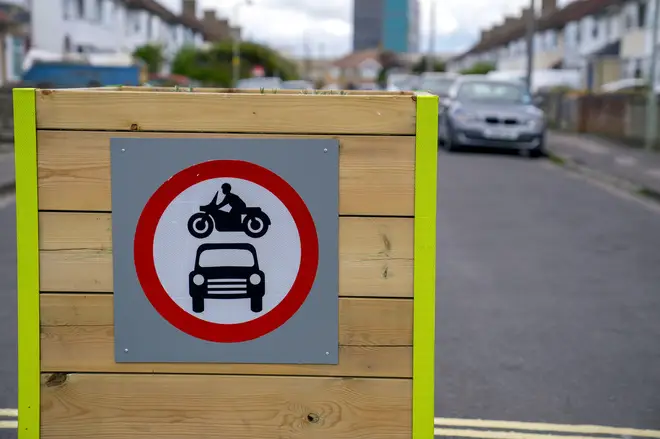
It comes after a review uncovered a raft of concerns over LTNs, including potential risk to life from emergency services delays, impact on disabled residents and high numbers of Penalty Charge Notices coming out of the schemes.
If councils fail to deliver road schemes that work for local people, they could see future funding withdrawn and the Government could take control of an authority's roads, under powers from the Traffic Management Act, if they are deemed to be "widely mismanaged", DfT said.
Labour called it a "a blatant and desperate attempt to distract people from a Government that has run out of road".
A review showed only 13% of residents responded to councils' planning consultations on LTNs and 18% feel their views have influenced council decisions.
The report also found that local authorities operating LTNs issue an average of 36,459 Penalty Charge Notices per scheme, with the highest number of notices issued for a single LTN scheme exceeding 170,000.
The review further highlighted concerns over the impact on disabled residents and from emergency services that delays to crews caught up in LTNs could "potentially risk lives".
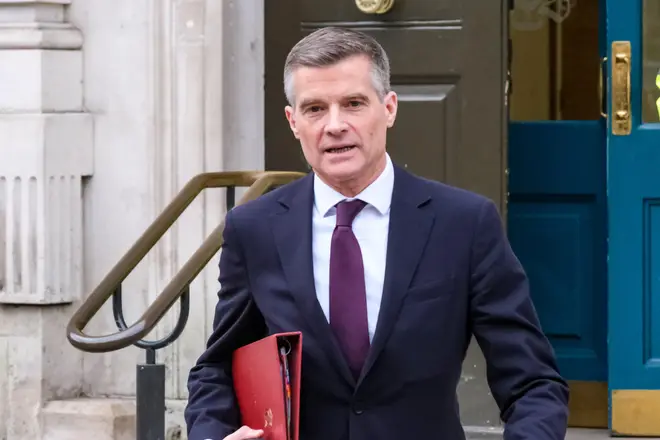
Rishi Sunak called LTNs examples of "hare-brained schemes" in an interview with The Sun in September last year.
A group of local residents blocked cars on a road in Streatham Wells, south London, in November 2023 as part of a protest against the area becoming an LTN.
The scheme was removed, as was an LTN at Jesmond, Newcastle, and DfT said the new guidance aims to prevent councils having to reverse poorly-implemented or unpopular schemes.
Councils have also received "strengthened guidance" on setting 20mph speed limits, reminding them to reserve them for sensible and appropriate areas only- like outside schools - DfT added.
The measures come as part of the Government's Plan for Drivers.
Transport Secretary Mark Harper said the Government is on the side of drivers.
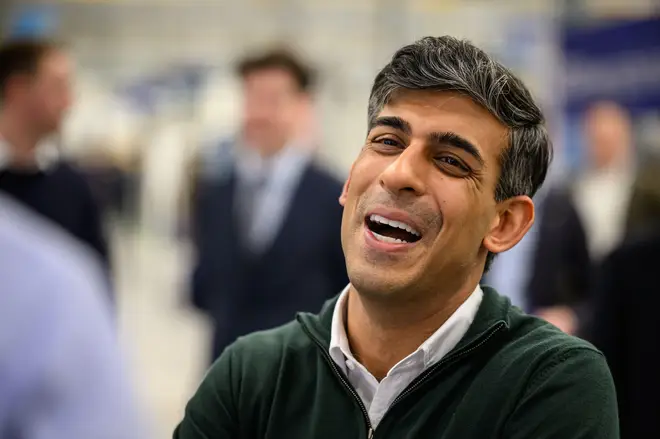
"We want local people to have their voices heard, and any traffic schemes to have the consent of those they impact," he said.
"Well thought out schemes, like 20mph limits outside schools, can make our roads safer, but we are raising the bar to help ensure all traffic schemes work for everyone in the community.
"We're on the side of drivers, and these latest measures show we're getting on with delivering what we promised in our Plan for Drivers - making their lives better, fairer and cheaper, and helping people travel in the way that works best for them."
Shadow Transport Secretary Louise Haigh said: "The Conservatives' latest attempt to dictate to local communities how to run their streets is a blatant and desperate attempt to distract people from a Government that has run out of road.
"All this ongoing Conservative chaos has a real cost for working people and our public services.
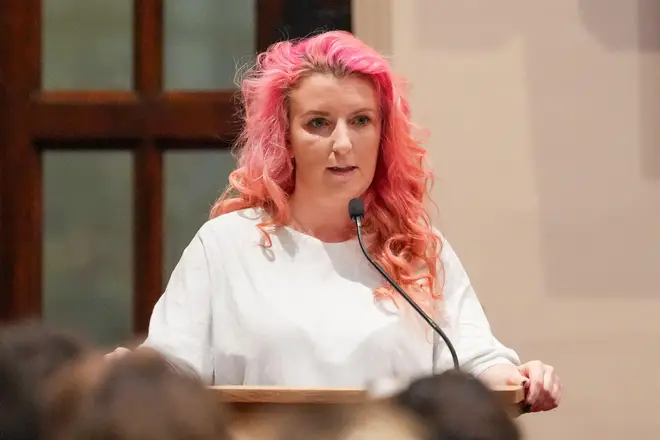
"Working people want answers on the soaring cost of living, the woeful state of our transport infrastructure, and how the Tories are planning to fund their £46 billion of unfunded spending commitments that threaten the health service and risk the state pension as we know it.
"Labour will act on the real priorities of drivers by tackling soaring car insurance costs and the traffic clogging up our roads. And we will leave decisions over local roads where they belong: in the hands of local communities."